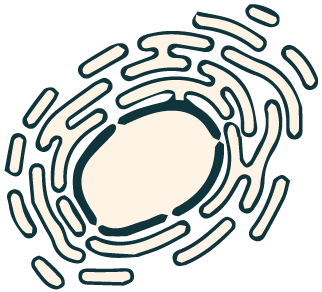This website uses cookies to ensure you get the best experience on our website.
- Table of Contents
Facts about PH domain leucine-rich repeat-containing protein phosphatase 2.

Akt modulates the balance between cell survival and apoptosis by means of a cascade that primarily alters the function of transcription factors that govern pro- and antiapoptotic genes. Dephosphorylation of'Ser- 473' of Akt triggers apoptosis and reduces cell proliferation.
| Human | |
|---|---|
| Gene Name: | PHLPP2 |
| Uniprot: | Q6ZVD8 |
| Entrez: | 23035 |

| Belongs to: |
|---|
| No superfamily |

EC 3.1.3.16; KIAA0931PH domain leucine-rich repeat-containing protein phosphatase 2; PH domain and leucine rich repeat protein phosphatase 2; PH domain and leucine rich repeat protein phosphatase-like; PH domain leucine-rich repeat-containing protein phosphatase-like; PHLPPLPHLPP-like
Mass (kDA):
146.751 kDA

| Human | |
|---|---|
| Location: | 16q22.2 |
| Sequence: | 16; NC_000016.10 (71644924..71724701, complement) |
In colorectal cancer tissue, expression is highest in the surface epithelium of normal colonic mucosa adjacent to the cancer tissue but is largely excluded from the crypt bases. Expression is lost or significantly decreased in 80% of tested tumors (at protein level).
Cytoplasm. Membrane; Peripheral membrane protein. Nucleus. In colorectal cancer tissue, expression is concentrated in the cytoplasm and nucleus.






PMID: 17386267 by Brognard J., et al. PHLPP and a second isoform, PHLPP2, differentially attenuate the amplitude of Akt signaling by regulating distinct Akt isoforms.
PMID: 18162466 by Gao T., et al. The phosphatase PHLPP controls the cellular levels of protein kinase C.